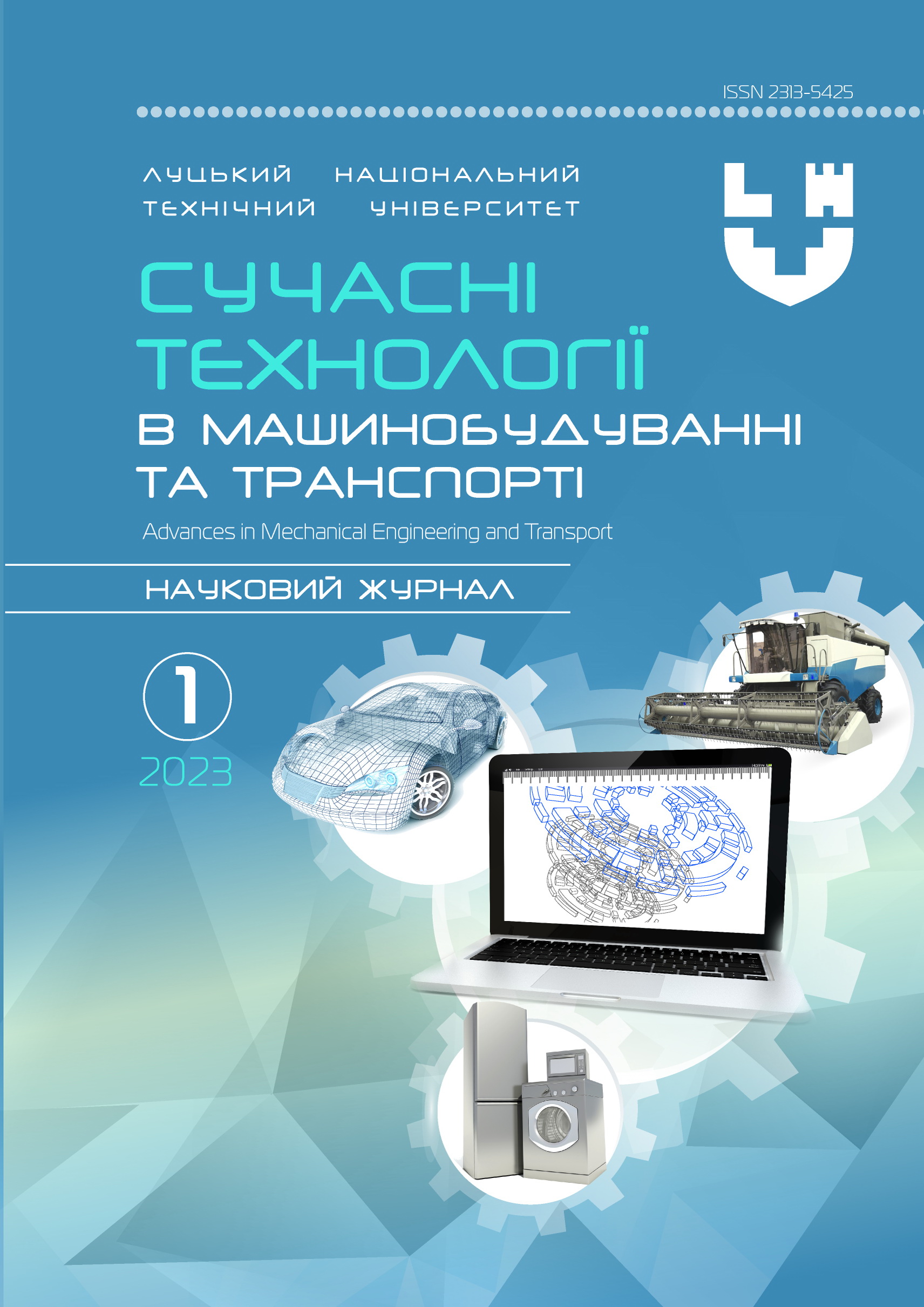The role of transport in production systems
Abstract
The evolution of production systems, especially in recent years under conditions of uncertainty, has contributed significantly to the growth of transportation demand. Globalization of trade, the need for just-in-time delivery, increased resource efficiency, coordination and expansion of the logistics network of supply and sales, interaction of transport modes, all require rapid reconfiguration of both individual elements and the system as a whole in all sectors of economic activity and in transport in particular.
The formation of the fundamental principles of the development of production systems, their transport interaction, the connection of all sectors of production, and the sale of various services is largely determined by fundamental concepts, the accepted definition of which builds the further structure of a single system and the conditions for its functioning.
It is important that the system is clearly defined so that it can be easily understood and maintained. Production systems are structurally complex and include many different participants and subsystems, with transport being of particular importance in their interaction in all areas of its manifestation. The specificity of transport as a sector of the economy is that it does not produce products, but participates in their creation, provides production with raw materials, supplies, equipment and transports finished products to the consumer.
A transport enterprise should be viewed as a complex multi-stage production system with a division into structural levels that provide for a clear interaction of their elements (organizational, economic relations, division and use of resources, etc.) Such a system will contain subsystems with their respective elements, each of which determines a certain step in achieving a common goal.
To help organize, control, and plan production and transportation processes, software-controlled systems of functional purpose are becoming increasingly important.
The purpose of this study is to clarify the concept of «system», to reveal the relationship between the production system and road transportation, the role of management and planning systems in transport.
Key words: system, production system, transports, interaction, management, planning.




